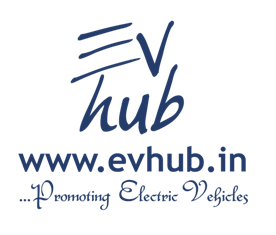Renault held a “2010 Environment Workshop” last week to showcase its progress across its range of vehicles’ full lifecycle through the Renault eco² program.
In terms of powertrain technologies, Renault focused on the introduction of new technologies for internal combustion engines and conventional transmissions, as well as outlining its commitment to electric powertrains. Renault will begin selling affordable mass-production electric vehicles in 2011 (earlier post); the Alliance is aiming to be the market leader in sales of mass market Zero-Emission (during road use) vehicles.
Renault estimates that electric vehicles will account for 10% of the world market by 2020.
Leveraging the Alliance. A decade after the establishment of the Renault-Nissan Alliance, the two companies stepped up their cooperation
in May 2009. This included the creation of a team dedicated to speeding up and broadening the synergies that will enable both companies to improve their performance, and more particularly in the field of electric vehicles.
in May 2009. This included the creation of a team dedicated to speeding up and broadening the synergies that will enable both companies to improve their performance, and more particularly in the field of electric vehicles.
In addition to equipping the electric vehicles produced by Renault and Nissan with batteries developed by AESC, a Nissan-NEC joint venture, the Alliance has pooled the expertise of Renault and Nissan to strengthen synergies at every level and encourage the sharing of major electrical assemblies, such as powertrains and batteries.

No comments:
Post a Comment